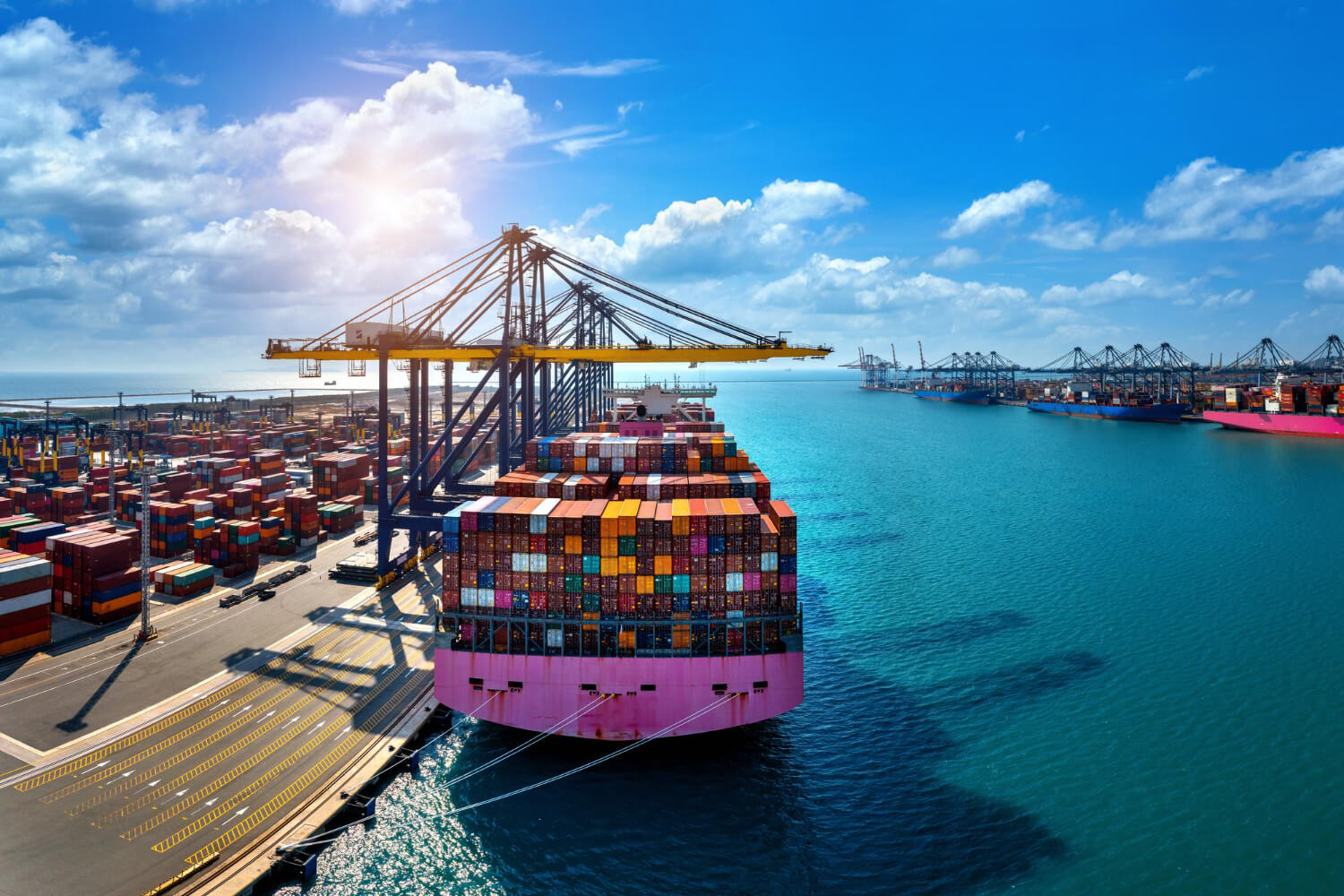The logistics landscape especially Trucking companies in the United States is currently undergoing significant turbulence, with several notable companies facing severe financial difficulties. These challenges range from bankruptcy filings to outright shutdowns, reshaping the industry’s future.

A Series of Unfortunate Events: Bankruptcy and Business Closures in Trucking Companies
One of the key players in trucking affected is J.J. & Sons Logistics of Clint, Texas. In a decisive move to sidestep litigation from a wrongful death lawsuit, the company opted for Chapter 7 liquidation on January 22, just days before a crucial trial was set to begin.
The lawsuit stemmed from a tragic incident where a company truck driver drowned in 2016.
After Pride Group, one of Canada’s largest trucking companies, filed for bankruptcy protection last week CEO Sulakhan “Sam” Johal is warning that an “unorganized demise” threatens “the livelihoods of many thousands of families.” https://t.co/E87XFHzJMJ
— FreightWaves (@FreightWaves) April 1, 2024
In contrast, Nationwide Cargo Inc., a major trucking company based in Illinois, chose a different path by filing for Chapter 11 bankruptcy on March 13. This strategic decision aims to give the freight company, known for transporting perishable goods like produce and meat, a chance to restructure and stabilize its operations.
However, not all companies are turning to bankruptcy as their solution. Universal Logistics Holdings made headlines by permanently closing two of its subsidiaries without pursuing bankruptcy protection.
The closures of Universal Dedicated of Detroit and Logistics Insights Corp. resulted in a staggering loss of 677 jobs. The reasons behind these drastic measures remain undisclosed, adding a layer of mystery and uncertainty to the situation.

California’s Legal Landscape: A Catalyst for Closure
The plight of California Intermodal Associates illustrates a different aspect of the industry’s struggles. This family-owned trucking and brokerage firm has ceased operations amidst the pressures of adapting to new labor laws in California.
Specifically, the enforcement of Assembly Bill 5, which mandates the reclassification of independent contractors to employees, has introduced financial burdens that the company could not withstand.
CEO Gabriel Chaul candidly expressed the challenges faced by his company following compliance with the law. “The phone stopped ringing,” Chaul remarked, highlighting the immediate impact on their business.
With expenses rising and rates becoming uncompetitive, the company found itself in an untenable position, further exacerbated by a lack of strict enforcement of the same regulations among competitors.

The Road Ahead: Uncertainty and Adaptation
As the U.S. logistics industry continues to navigate these choppy waters, the future remains uncertain for many. Companies like California Intermodal Associates are exploring all available options, including potential bankruptcy filings, as they seek to chart a new course forward.
Meanwhile, industry observers and participants alike are closely watching these developments, understanding that the decisions made now could define the landscape for years to come.
The U.S. logistics industry is at a crossroads, faced with the challenge of evolving under financial distress and regulatory pressures. The actions taken by companies like J.J. & Sons Logistics, Nationwide Cargo, and Universal Logistics Holdings reflect a broader trend of strategic adaptations that are critical in this highly competitive sector.
As the industry looks to recover and rebuild, the resilience and strategic foresight of these companies will likely serve as a benchmark for others in similar predicaments.










